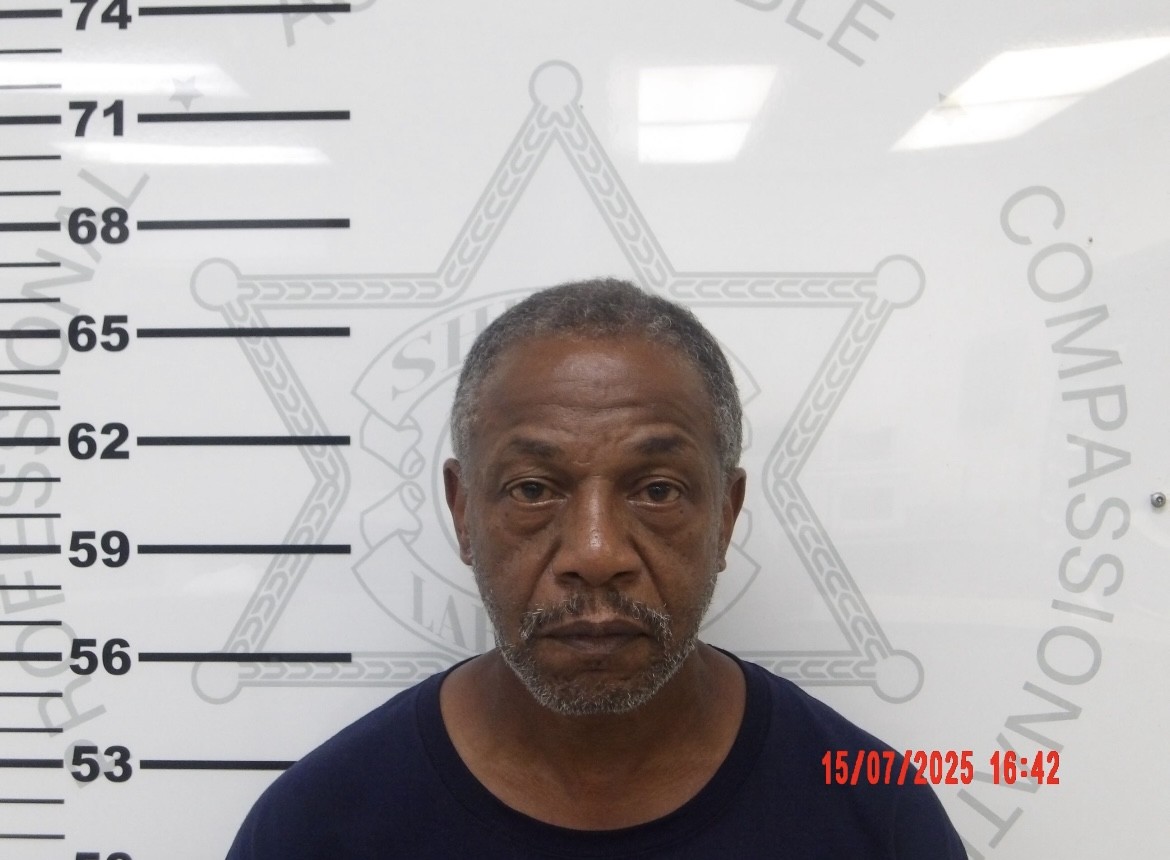Book Review: ‘By the Fire We Carry’ by Rebecca Nagle
Published 10:00 am Saturday, October 26, 2024
By Allen Boyer
In “By the Fire We Carry,” Rebecca Nagle skillfully weaves together two narratives.
One is the true-crime story of a stupid, violent Saturday night affray on a gravel road in Oklahoma, which wound through prisons and courtrooms until it finally reached the United States Supreme Court.
Trending
The other is a long, unfinished chapter of frontier history: the story of the Five Civilized Tribes (Cherokee, Chickasaw, Choctaw, Muscogee, and Seminole, the eastern peoples who were removed to Oklahoma) and how, against the odds – no matter how much land they signed away, no matter how they were bullied and cheated – they retained their tribal identity and treaty rights.
In August 1999, when Patrick Murphy hacked to death his girlfriend’s former boyfriend, no one saw anything transformative about the case. Only years later, on appeal, did Murphy’s attorney raise a long-shot issue – argue that the state of Oklahoma lacked jurisdiction to charge and try Murphy because both he and the man he killed belonged to the Muscogee Nation, and the killing had taken place on Muscogee land, “Indian country.”
The long shot paid off stunningly. In 2020, in Sharp v. Murphy (alongside a similar case, McGirt v. Oklahoma), the Supreme Court ruled that the Muscogee Reservation had never been disestablished by Congress. Oklahoma law did not apply to Muscogee tribal members on Muscogee land. Oklahoma’s highest criminal court extended this holding to the lands of other tribes. Unexpectedly, seemingly overnight, most of eastern Oklahoma became “Indian country” for purposes of criminal prosecutions: territory where the state could not prosecute crimes by Indians against Indians.
For Nagle, this political story has personal dimensions. Her ancestors include Cherokee leaders John Ridge and Major Ridge. The Ridge family signed the dubious Treaty of New Echota, surrendering the Cherokee homeland. Nagle believes that they sought to strike the best bargain possible, facing overwhelming white strength and the hard heart of Andrew Jackson; but “removal” meant the Trail of Tears. Bitter survivors of that long westward trek called the Ridges traitors, carefully plotted vengeance, and killed them.
One of Nagle’s great-grandfathers was a young lawyer, the son of an Irish immigrant, who came to Oklahoma by staking a claim during an 1889 land rush. Another great-grandfather was a small-town druggist whose name was entered on the Cherokee tribal rolls in 1900 and who was assigned an allotment of tribal lands – but only bare acreage, without a farmhouse. Her forbears’ different stories, Nagle argues, show how white settlers and legislators redistributed land to beat down the power of tribal communities.
Half of the Oklahoma land that the Five Civilized Tribes had received – in exchange for leaving their old territories in the Southeast and being marched to Oklahoma – was lost after the Civil War. The tribes had sided with the Confederacy and the Union government cut down their authority in treaties ending the war.
Trending
Twenty years later, the tribes’ remaining land was broken up into “allotments” under the Dawes Act. The point of allotment was to distribute the lands that tribes held communally into individual plots, individually held. The tribes were overmatched and overpowered.
“To bully the tribal governments, Congress took away everything they could … The Secretary of the Interior assumed possession of all tribal property, including schools, courts, buildings, and money. Tribal governments were prohibited from meeting except to discuss allotment.
“Squatters were allowed to incorporate their illegal cities and town, pass laws, and even start collecting taxes. Finally, Congress scheduled allotment to happen with or without tribal consent.”
In the end, lawyers commonly believed that there were no reservation lands remaining in Oklahoma. The crime scene in Sharp v. Murphy counted as “Indian country” only because a Muscogee family still owned the mineral rights to the land underneath.
The Supreme Court’s action was frenetically condemned by Oklahoma prosecutors. Nagle succinctly deflates the hoopla. Reviving tribal jurisdiction does not mean that criminals go free: they cannot be tried in state courts, but they can be tried – and are tried – in tribal courts or federal courts. The Oklahoma authorities warned that 76,000 defendants might have to be released from prison; in fact, only a few dozen convicts were able to win their freedom. The meaning of “Indian country” still perplexes the Supreme Court.
In this outrage, Nagle hears echoes of frontier bigotry. The white politicians behind the Dawes Act claimed that tribal rule had made turned the Indian Territory into a refuge “for murderers, train robbers, horse thieves, bank robbers, and the outlaw class in general.” She resents the continuing slur that Indian authority means lawlessness.
This book is deeply felt, crisply written, and superbly knowledgeable. Any lawyer involved with Indian law should read this book. So should anyone who wants to appreciate the history of the American frontier – both what white settlers won, and what America’s native peoples held on to.
And so should those of us who live in Lafayette County, in the solid corner of northeastern Mississippi that the Chickasaw ceded, and or the broad arc of territory that the Choctaw surrendered, before they were removed.
“By the Fire We Carry: The Generations-Long Fight for Justice on Native Land.” By Rebecca Nagle. Harper/ HarperCollins. 336 pp. $32.
Allen Boyer grew up in Oxford (territory transferred during the Chickasaw Cession), taught law in Oklahoma, and now writes in New York City.






